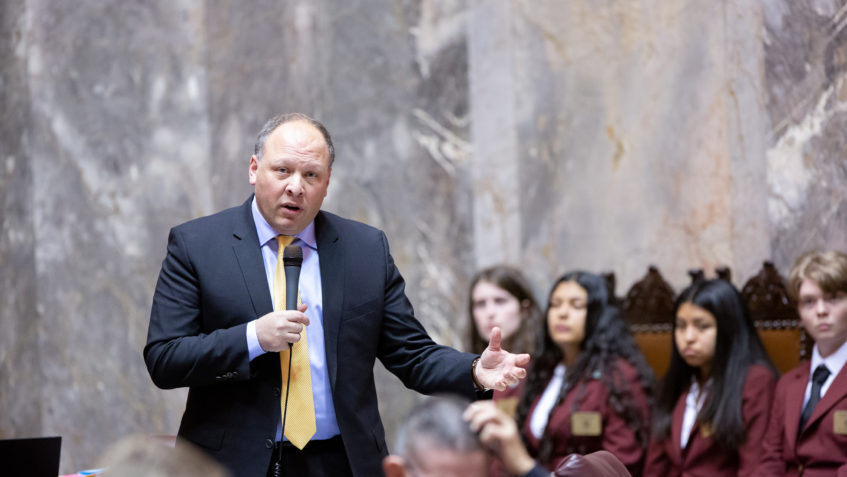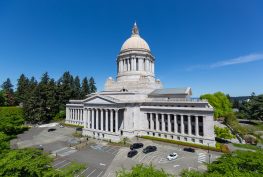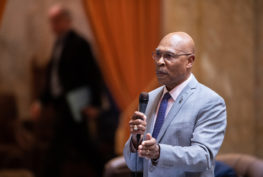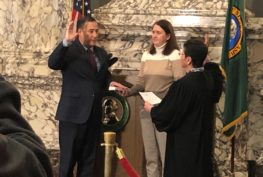The Washington State Senate today approved a two-year capital budget that would invest in priority infrastructure across the state in the areas of behavioral health, affordable housing, education and the environment.
The budget passed with a unanimous vote.
“The bipartisan support of this budget highlights the investments it makes on behalf of all Washingtonians,” said Sen. David Frockt, vice chair of the Senate Ways & Means Committee and the Senate’s lead capital budget writer. “The capital budget supports our schools, improvements to our behavioral health system, the environment, and other values that are so key to the Washington way of life.”
The budget invests $120 million in community based behavioral health investments, helping patients transition to care in their own communities.
It also includes $33.2 million for predesign, planning and design of a new, 150-bed behavioral health teaching facility at the University of Washington Medical Center. This project has broad bipartisan support and is seen as a critical component of Washington’s long-term strategy to create a new paradigm for mental health treatment in Washington State.
“Washington is transitioning to a behavioral health system that helps and protects our most vulnerable neighbors, and this budget supports that,” Frockt said. “Our investment in the Housing Trust Fund compliments that investment — particularly a $35 million investment in housing with behavioral health supports.”
The budget includes $175 million in affordable housing loans and grants through the Housing Trust Fund. Allocations within the Housing Trust Fund include:
- $10 million for high-quality modular housing to transition people out of homelessness quickly.
- $35 million for supportive housing and case management services for people living with behavioral health disorders.
- $10 million for competitively awarded grants for state matches on private contributions to fund affordable housing
- $10 million for housing preservation grants
- $5 million for housing veterans
- $5 million for housing to serve people with disabilities
The capital budget invests about $148.4 million in toxics cleanup, prevention and stormwater assistance to local governments.
Additional environmental investments would prevent wildfires and help the orca population. Forest hazard reduction would receive $14.2 million. The budget contains funding spread across a variety of projects that would aid orca recovery, including habitat restoration.
The $63 million invested in state parks would expand Washingtonians’ options for outdoor recreation. About $3 million of that funding would go to a new, full-service Nisqually State Park near Eatonville. About $35.4 million would fund park maintenance.
An additional $85 million would fund outdoor recreation projects though Washington Wildlife and Recreation Program grants.
The budget would invest about $1.1 billion in K-12 education, with about $1.04 billion dedicated to the School Construction Assistance Program. About $23 million would benefit distressed schools, and $20 million would fund small district modernization grants.
The state’s higher education system would receive $974 million.





